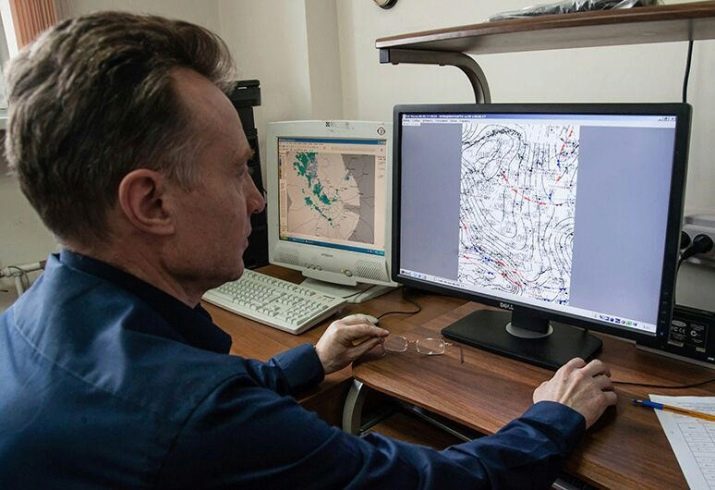What professions are associated with working in the laboratory?
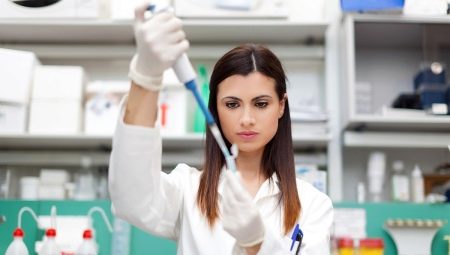
During career guidance, people have a variety of questions. One of them is what professions are associated with working in the laboratory. This list of professions that involve working in a laboratory is important for everyone, but first of all for those who gravitate towards just such an activity.
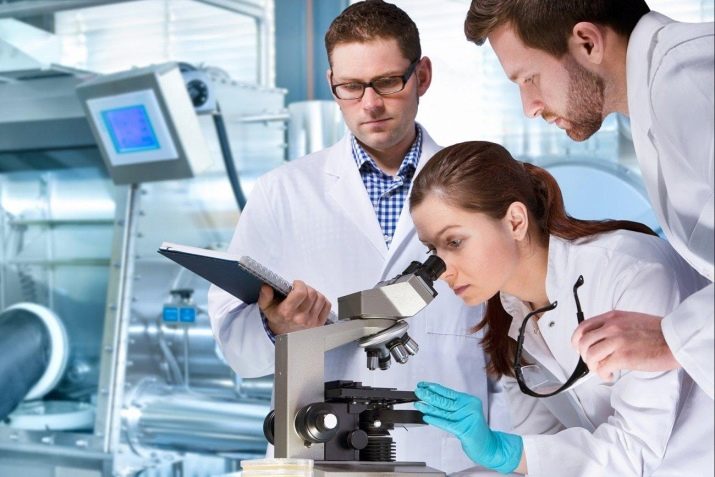
List of technology professions
Traditionally, it is assumed that a laboratory assistant works in a laboratory. And indeed it is. But the point is that laboratory assistants are only executors of tasks for more qualified specialists. They themselves may even have a higher education, but still perform purely auxiliary work. Another thing is that sometimes it itself is very complex and time consuming.
The laboratory assistant also has to deal with many routine tasks. It is he who is responsible for the safety of all property, for the serviceability and accuracy of equipment settings, for collecting data on experiments and measurements. In most cases, the technician maintains cleanliness and order. But there are other names of professions that are associated with laboratory activities. For example, in many institutions and organizations, some responsibilities are the responsibility of the engineer or laboratory engineer (differentiated by category).
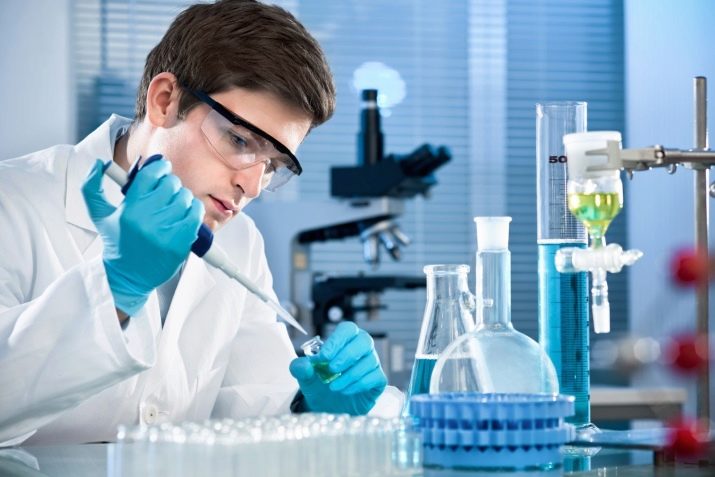
If there is such a specialist on the staff, then it is he who:
- conducts research work;
- seeks the best ways to do the job;
- gives daily instructions to laboratory assistants;
- decides how to set up and use the hardware;
- thinks over and implements methods of monitoring results;
- prepares primary documentation for all work carried out;
- controls the correct use of all equipment and property;
- examines the experience gained in other similar institutions.
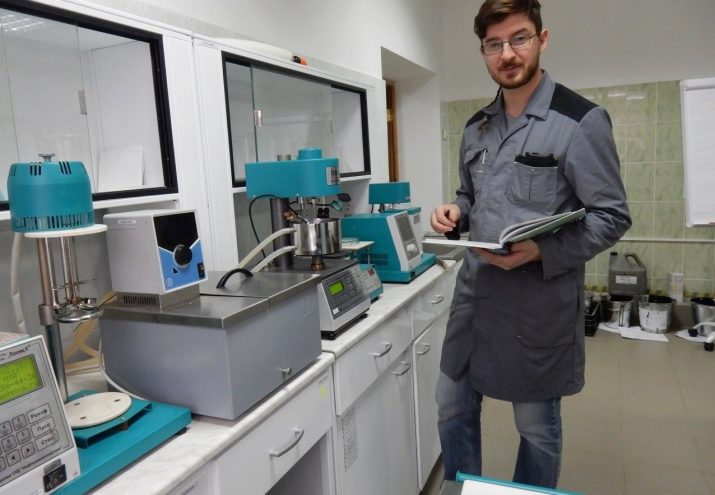
In all laboratories, except for those where only one specialist is employed, the position of the head is allocated, who distributes responsibilities and determines who will do what at a particular moment. There may also be such positions:
- day shift laboratory assistants;
- night laboratory assistants;
- laboratory assistants on duty;
- process engineers;
- deputy managers and shift supervisors (in the largest institutions);
- laboratory assistants-sighting devices.

Chemistry and Biology Positions
One of the most important professions of a laboratory worker in the modern world is an ecologist (or laboratory assistant-ecologist). Only these people can determine the safe concentration of a certain substance, determine the measures to combat pollution, find out how contaminated with toxins the samples taken for analysis are. More laboratory ecologists:
- determine the danger of the finished product, semi-finished products and raw materials for humans;
- assess the risks associated with the technological process;
- carry out on-site fences of those very samples (sometimes in difficult and dangerous conditions).
Chemists and biologists of various specializations are also worth mentioning. Even a chemistry and biology teacher in a school or vocational school needs to be a bit of a laboratory assistant. This training is even more important for researchers and experts.
It is practically impossible to create new material, to study the composition of a certain organ or tissue of an animal (plant), if you do not understand how the rough work is carried out and how at least to assign tasks to laboratory assistants.
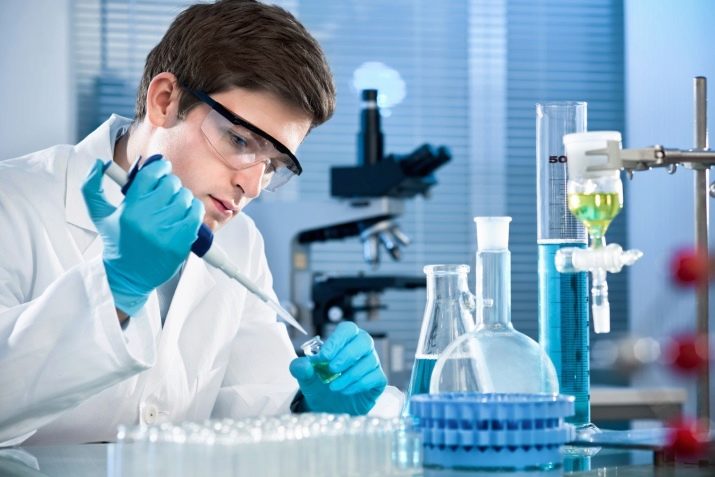
Many types of experiments and analyzes can only be performed by the most trained scientific personnel. You cannot entrust this activity to ordinary laboratory workers. The position of a medical laboratory technician should also be mentioned. Such a specialist is among the nursing staff. He can work in a large hospital or clinic, a health institution. It is he who works in the treatment rooms, taking tests, studying them, sterilizing instruments and containers, and performing other similar work.
In clinical diagnostic services, this specialist conducts research, prepares reagents and equipment, marks and registers all received and examined samples.
His responsibilities will be the preparation of primary conclusions or other documents, the transfer of samples (if necessary).
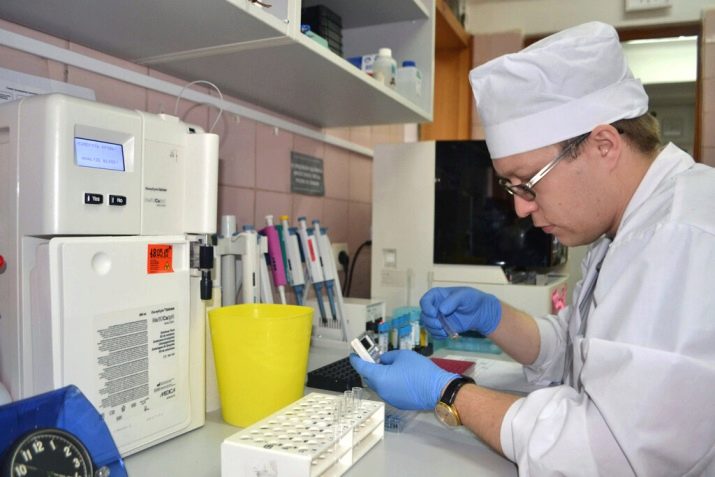
Chemistry laboratories are divided into four main types:
- organic (working with organic substances and their mixtures);
- analytical (checking various substances for compliance with established requirements, identifying them);
- chemical-technological (used to control the technological process and the achieved result, the resulting product);
- spectral and assay laboratories.
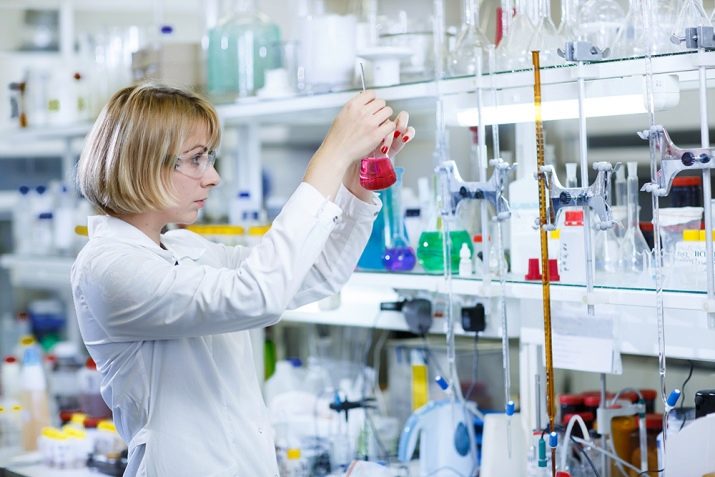
All of them can be either independent or function as part of a research or expert center, or an educational institution. The specialization of a chemist determines where exactly he can work. The biological field also has its own gradation of laboratory specialists. They may be trained in:
- bacteriology;
- virology;
- cytology;
- general microbiology;
- parasitology (helminthology);
- entomology;
- ornithology;
- paleontology;
- forensic medicine;
- pathological anatomy;
- sanitation and hygiene;
- radioisotope works;
- expert studies of various profiles (and this is not a complete list).
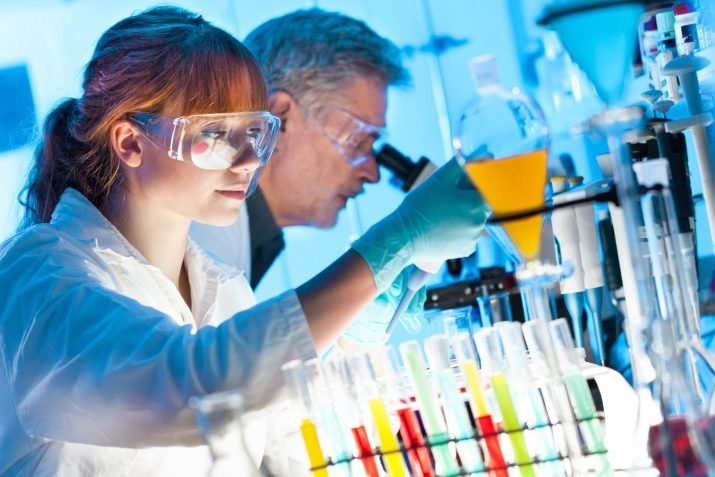
Other professions
Of course, other employees may also be employed in the laboratory. Among them, it would be unfair to forget about the guards and cleaners. Without them, the normal work of the entire organization is impossible. In large laboratory centers, electrical positions can sometimes be assigned, since only a very small part of the equipment operates without wiring.
But laboratory work can also be carried out in an on-site format - therefore, in one way or another, pilots and sailors, railroad workers and drivers are involved in their implementation.
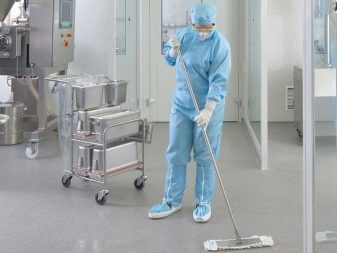
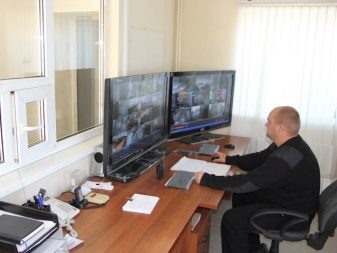
It is also worth noting that research in laboratories can be carried out not only by chemists and biologists. This practice is also of great importance for physicists. Almost any researcher in the physical sciences relies in one way or another on analysis, measurements, experiments and modeling. In particular, we are talking about:
- acoustics;
- heating technicians;
- specialists in electromagnetism;
- gas dynamics specialists;
- physicists specializing in hydraulics and hydrodynamics, nuclear processes;
- opticians;
- thermodynamic experts;
- geophysicists;
- biophysicists;
- material scientists;
- metrologists;
- plasma physicists;
- atmospheric physicists;
- physicists of solids, condensed states, low temperatures, high energies.
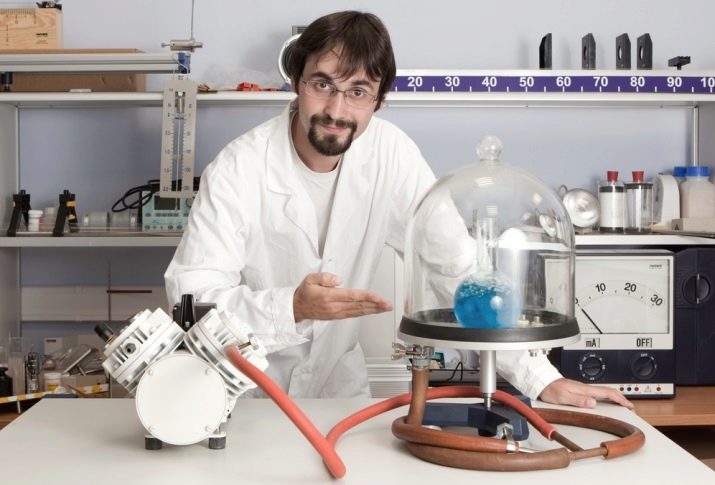
We should also mention the employees of geological laboratories. They often assess the prospects for the development of individual deposits and their parts, determine the safety of a particular mineral. Much more often, however, people go there to determine the quality and characteristics of soils, specific areas, groundwater. This is important in the construction of buildings and infrastructure, with other types of land development. Experts also understand how the characteristics of the building support can change during load fluctuations.
For this purpose, apply:
- compression and shear equipment;
- triaxial and uniaxial compression devices;
- moisture meters;
- dynamic density meters;
- corrosivity analyzers and so on.
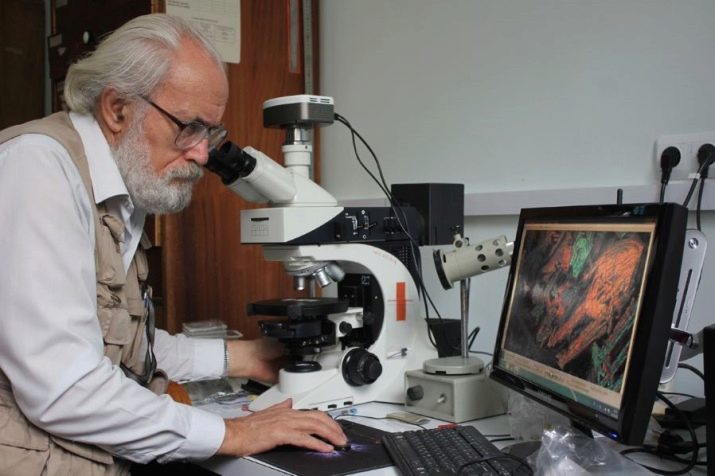
Test laboratory workers do not conduct fundamental or applied research. However, their activity is very important - only thanks to it it is possible to determine the danger or safety of specific equipment and its individual units, technological processes and techniques. All testing centers are certified by the state. The equipment used, technologies, protocols, work standards and the specialists themselves are also subject to certification. It is very important that a real professional knows all these subtleties even when applying for a job.
In his daily activities, he is responsible for:
- selection of incoming samples (only meeting the established requirements);
- adjustment, commissioning, short-term repair of the equipment used;
- use of suitable software packages and computing tools;
- maintaining the reliability, adequacy and comprehensiveness of the results obtained.
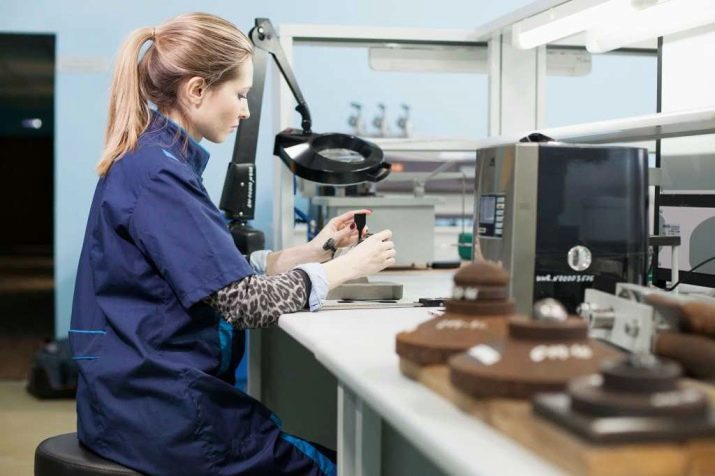
Research is often carried out on already built (repaired) buildings and their parts, building materials. All necessary tests and chemical analyzes are carried out by construction laboratories.
In conclusion, it is worth mentioning that the following activities may be associated with laboratory work:
- meteorologists;
- electrical engineers;
- shipbuilders;
- specialists in the humanities;
- instrument makers;
- food workers;
- agronomists and many other people.
